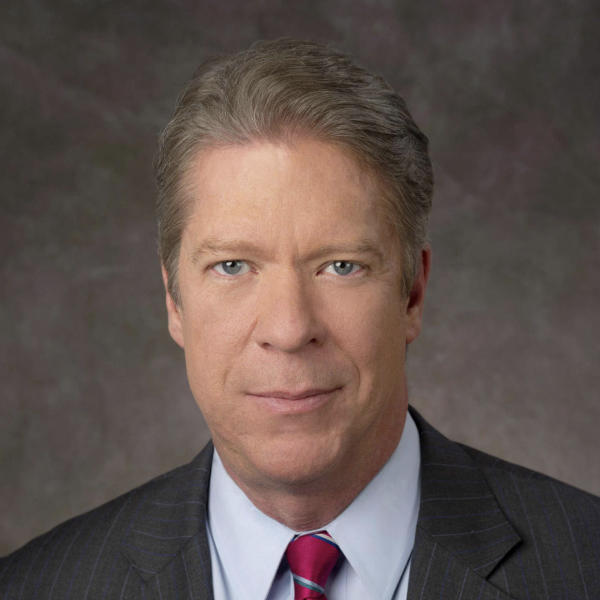The shrinking Gulf states summit
After announcing Friday that Saudi Arabia's king would not attend the Camp David Summit of the Gulf Cooperation Council, the White House labored Sunday to downplay the significance of Salman bin Abdulaziz Al Saud's conspicuous absence.
"We look forward to the attendance of Crown Prince Mohammed bin Nayef," a White House official said, noting Mr. Obama and the prince have met previously. The crown prince is the Saudi interior minister. King Salman's son, Deputy Crown Prince Mohammed bin Salman, the kingdom's defense minister, will also attend.
While they're both significant figures, neither one has the same clout within the Kingdom or within the region as King Salman, whose absence will diminish Mr. Obama's ability to nail down specific GCC commitments and plans.
White House spokesmen had announced a planned face-to-face meeting between President Obama and King Salman that was included on the White House weekly calendar. But late Friday, the Saudi government informed the White House King Salman would no longer attend the summit of Gulf nations led by Saudi Arabia - drastically reducing the strategic and diplomatic heft of an event designed to unify U.S. and Gulf states approaches to Yemen, Iran's nuclear weapons program, the fight against ISIS and Syria's civil war.
"We first learned of the King's possible change of plans from the Saudis on Friday night," a senior administration official said. "We coordinated closely with our Saudi partners on the alternate arrangement and timing of the announcement. This is not in response to any substantive issue."
Even so, King Salman is central to the future of the U.S. relationship with the Sunni-dominated kingdom and its approach to Shia-led Iran. He was crowned in January and had not has not traveled outside Saudi Arabia since ascending to the throne. This was to have been Mr. Obama's first meeting with Salman in America and the centerpiece of talks with smaller gulf nations about regional concerns related to Iran and ISIS.
The Gulf Cooperation Council (GCC) includes Saudi Arabia, Kuwait, Qatar, the United Arav Emirates, Bahrain and Oman. Most of the nations will not send heads of state but will instead send government ministers. Until confirmed by the White House on Sunday, the Saudi King's anticipated attendance lent weight to the security-focused talks.
The Saudis are the military linchpin to the U.S.-led coalition against ISIS and the top purchaser of U.S. military hardware. The White House has also deferred to Saudi strategy in the aftermath of the collapse of the government in Yemen.
Secretary of State John Kerry focused heavily on Yemen while in Saudi Arabia and the White House is coordinating heavily with the newly reorganized Saudi government and is developing a relationship with the new King Salman. The Saudis have bombed Houthi rebels relentlessly since they ousted President Abd-Rabbu Mansour Hadi.
The Houthis announced late Sunday they would accept a five-day cease-fire due to begin Tuesday, the eve of the Camp David summit. The U.S. and Saudis have been trying to use air strikes to prod the Houthis, nominally backed by Iran, to accept a negotiated political solution to the conflict on Saudi Arabia's southern border.
Saudi bombers struck the home of former ally of the Kingdom and also former Yemeni President Ali Abdullah Saleh. After seeing his home attacked, Saleh offered, for the first time, his support for Ansar Allah, the formal name for the Houthi fighters.
Mr. Obama is expected to push for a GCC formal security cooperation pact that would coordinate security strategy among member nations originally aligned along economic interests. A long-standing U.S. proposal for a ballistic missile defense system is also due to receive extensive discussion.
